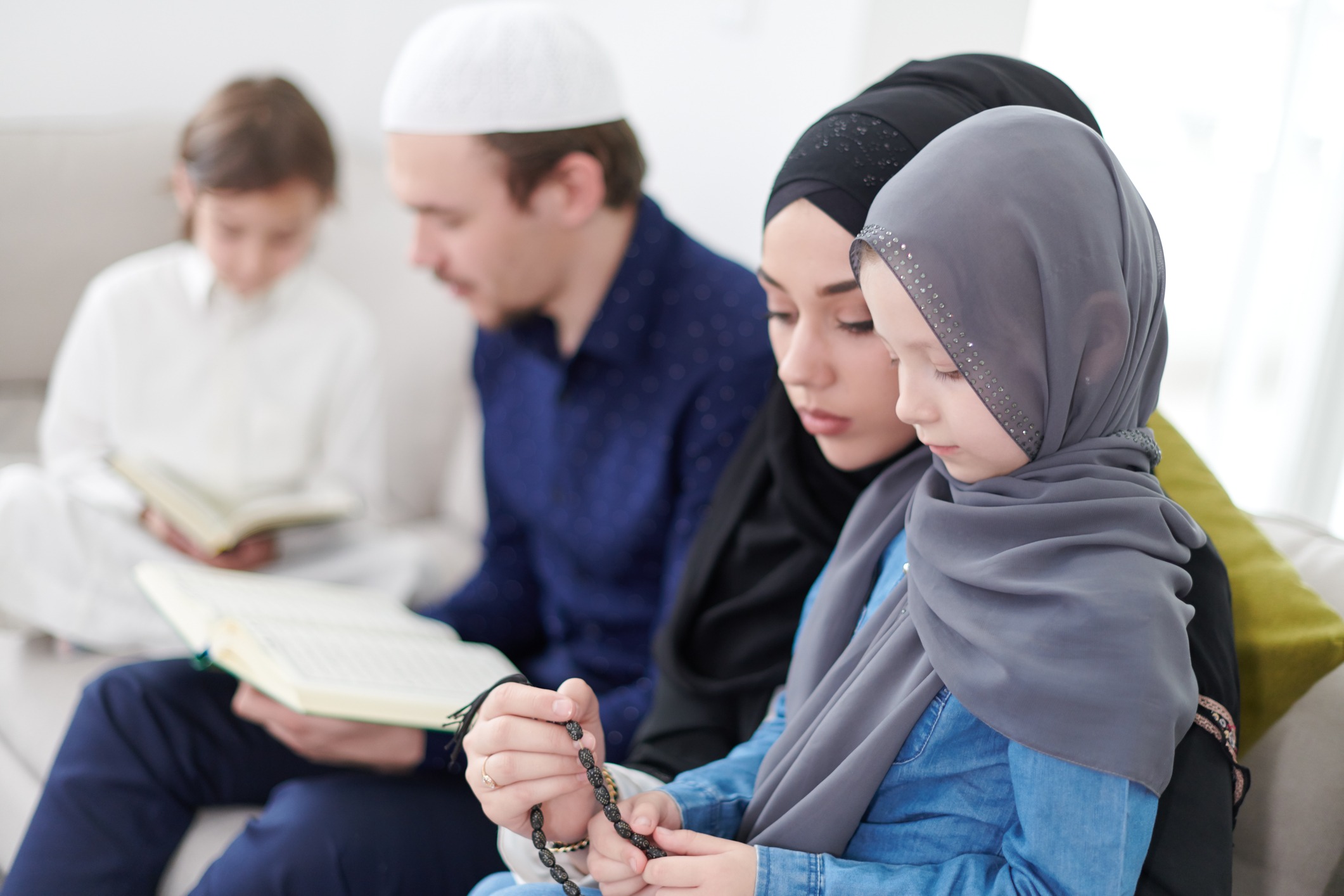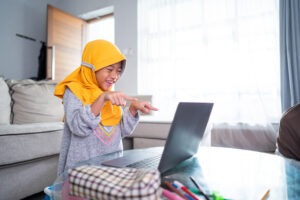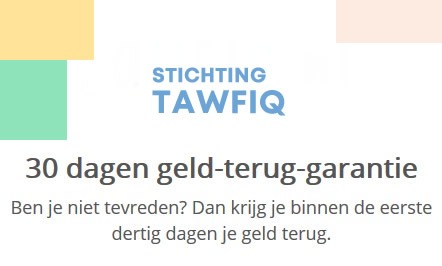-
Islamic knowledge, education and training
- How Islamic teachings of forgiveness support child rearing.
- How Islamic teachings on forgiveness can help prevent conflict between parents and children.
- The role of religious stories in educating for forgiveness according to Islamic teachings.
- How parents can help their children to truly understand other people through the Islamic teachings of forgiveness.
- The different ways parents can encourage their children to show forgiveness according to the Islamic teaching on forgiveness
, a powerful foundation for forgiveness.
Education for forgiveness is an important part of Islamic teachings. It is a fundamental principle stated in the Quran and other sacred texts. Forgiveness means that people forgive each other for their mistakes, even when they have been deeply hurt. It also means that people must be willing to admit their mistakes and take responsibility for them. In this article we will look at how to educate parents to be forgiving according to Islamic teachings, looking at what is recommended by religious leaders and how parents can put this into practice within their families. We will also discuss how raising children to be forgiving can help create real connection between family members, as well as prevent conflict and strife in the family.
How Islamic teachings of forgiveness support child rearing.
In Islamic teachings, forgiveness is seen as an important value. It is a fundamental part of Islamic education and can help parents raise their children.
The Quran contains many verses relating to forgiveness and patience. The Prophet Muhammad (peace be upon him) also often emphasized the importance of forgiveness, especially in relation to children. He said, “Be patient with your children, for God is patient with them.” This means that parents should encourage their children to make mistakes and be willing to forgive them when they do something wrong.
Forgiveness helps create a positive bond between parent and child, improving communication between them. Children feel safer when they know that their mistake is not permanent and that there is room for forgiveness if they do something wrong. Forgiveness also helps develop empathy in children, which is essential for their social skills later in life.
Forgiveness can also help with conflict resolution between family members or other characters in simple situations such as arguments or misunderstandings between siblings at home or at school. Parents can act as mediators by listening to all parties involved in the situation and by ensuring that there is understanding for each other's positions. Through this process, party members can ultimately sit together to reach an agreement on how to address problems.
In short, through the principles that emerge from Islamic teachings, parents can help their families to create more understanding relationships, within which conflicts can be effectively resolved.
How Islamic teachings on forgiveness can help prevent conflict between parents and children.
Islamic teachings on forgiveness can help parents and children avoid conflict. In Islamic tradition, forgiveness is considered an important virtue that should be practiced by everyone. According to the Quran, the ability to forgive is equal to the ability to love. This means that parents should encourage their children to admit mistakes and treat each other with respect and love, even when conflict arises.
Forgiveness can also help prevent conflict between parents and children by allowing them to express their differing views honestly without using harsh words or feelings of anger. Parents can teach their children how to communicate with each other in a constructive way, allowing them to develop a greater understanding of each other's points of view. Through dialogue, parents and children can sit together to discuss issues honestly, resulting in less conflict between the two.
In addition, the Islamic teaching on forgiveness can help prevent conflict through tolerance toward other cultures or religions that you may not understand or accept. Parents should encourage their children to show open-mindedness towards other cultures, which helps create harmonious relationships between different groups of people instead of causing conflict.
The role of religious stories in educating for forgiveness according to Islamic teachings.
In Islamic teachings, forgiveness is seen as an important value. Religious stories play a major role in raising children to be forgiving people. These stories can help teach children how to interact with other people, how to manage their emotions, and how to solve their problems honestly and respectfully.
The Quran contains many stories related to forgiveness and compassion. One of the most famous stories is that of Yusuf (Joseph). In this story, Yusuf is abandoned by his brothers, but he continues to forgive them for what happened. This example shows that despite what happens, we should always try to understand why someone does something and continue to forgive them for their wrong actions.
In addition, there are also many other religious stories in the Quran that relate to compassion, love and respect for each other. For example, the story about Abraham (Ibraheem) who was willing to sacrifice his son Ishmael to God out of love and devotion; or the story about Moses (Musa) who begged God to have mercy on the Egyptian Pharaoh after he had defeated him; or the story of Job (Ayub), whose faithfulness to God was tested by all kinds of calamities but he still faithfully believed in Him.
All these religious stories give us lessons on how to treat other people: with respect, love and understanding; but also with patience when we are confronted with problematic situations or conflicts between people or group encounters between different cultures. Sharing such stories with children can help shape them into forgiving individuals, not only within the community in which they live but also beyond its borders.
How parents can help their children to truly understand other people through the Islamic teachings of forgiveness.
Parents can help their children to truly understand other people by teaching them the Islamic teachings of forgiveness. The Quran states that we should make efforts to show forgiveness and tolerance even if someone has hurt our feelings. Parents can help their children by showing them exemplary behavior and explaining the value of forgiveness. They can also talk to their children about situations where they may not have been understanding or tolerant, and how they could have handled that situation with more understanding. These types of conversations can build real understanding, which can contribute to real change in society in the long term.
The different ways parents can encourage their children to show forgiveness according to the Islamic teaching on forgiveness
Parents can encourage their children to show forgiveness in various ways according to the Islamic teaching on forgiveness. First, parents can show their children exemplary behavior by being forgiving themselves. Parents need to let their children know that it is okay to make mistakes and that they should be willing to forgive other people when they do something wrong.
Second, parents can help their children understand why it is important to forgive other people. Parents can talk to their children about the beneficial effects of showing forgiveness, such as strengthening relationships and promoting harmony in simple situations. They can also talk to them about how Allah urges us all to have compassion and love for each other, which means that we should accept our wrong action and apologize to other people when we do something wrong.
Third, food can also discuss with their children the Quranic verse related to Forgiveness: “And whoever does not respond to the anger [of the one who offends him or her] but [instead] apologizes – then he is the righteous acts.” (41:34). Through these types of conversations, you can help your child realize how important God believes that we treat each other respectfully, which means being willing to forgive other people when they do something wrong.
Finally, you can help your child apply what he or she has learned by allowing him or her to gain hands-on experience through situations in which he or she can try to extend leniency and compassion to other people. This helps them understand how important God believes that we accept each other's wrong actions and learn to live with them instead of taking revenge or becoming angry. Education to forgive is an important part of Islamic teachings. It promotes the ability to forgive and forget, which is essential for creating harmonious relationships between people. Raising children with the principles of forgiveness can help them learn to handle conflict constructively and keep their emotions in check. This can help prevent escalation in situations where conflict occurs. In addition, it can also help promote respectful communication between people, which in turn leads to more harmonious relationships.







